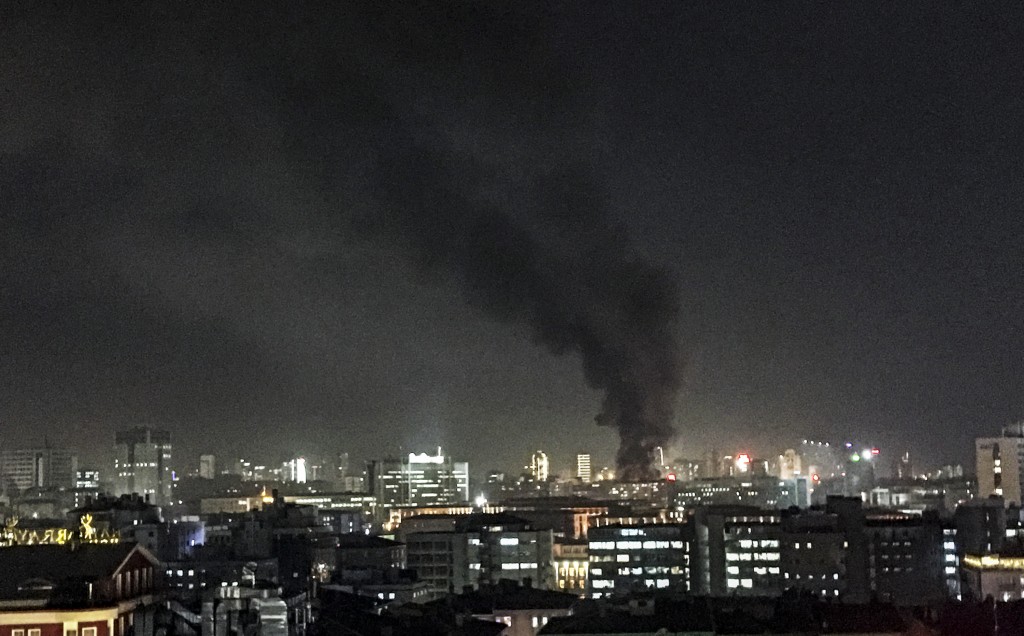
ANKARA, Turkey (AFP) — It started with a rumble that sounded like thunder or an earthquake, sending startled residents rushing to their balconies, who watched in horror as plumes of smoke rose over central Ankara.
It wasn’t long before their worst fears were confirmed: Turkey’s capital, still reeling from twin blasts that killed over 100 last year, had been hit again.
Sirens blaring, ambulances and police cars raced to the scene of the explosion near a military compound and the Turkish parliament, in a frenzied blur of activity that shattered the evening calm and triggered fresh panic among the city’s five-million strong population.
The government said at least 28 people were killed and dozens more wounded in the car bomb attack that targeted buses carrying military personnel.
“I was at a main boulevard some 500 metres (1,640 feet) from the scene,” 25-year-old Gurkan told AFP.
“People started to run in all directions in panic as soon as we heard a strong explosion. I saw a huge fireball growing.”
Turkey’s sprawling capital has been on edge ever since 103 people were killed in October, when two suicide bombers blew themselves up among a crowd of peace activists in the bloodiest attack in the country’s modern history.
Another suicide bombing last month in the heart of Istanbul, Turkey’s largest city, did little to calm nerves. Eleven people, all German tourists, lost their lives.
Both attacks were blamed on Islamic State jihadists, while Kurdish rebels have been accused of carrying out other recent deadly strikes in the country.
No one has yet claimed responsibility for Wednesday’s bombing.
– ‘Blow to morale’ –
The explosion that rocked Ankara’s downtown area could be heard in several neighborhoods.
Turkish police threw a security cordon around the blast site, blocking civilians and members of the press from crossing the barricade for security reasons, warning of the possibility of a second attack.
A police helicopter hovered over the scene, where some of Turkey’s key institutions are concentrated including parliament and the headquarters of the air force, navy and general staff.
Another blast later rocked the area, causing further disquiet among onlookers, but officials told AFP this was just police detonating a suspicious parcel.
Just in front of the police cordon, scuffles erupted between security forces and civilians who were barred from approaching the scene. One angry middle-aged man shouted: “Is this our way of protecting the country?”
Among the first to arrive were opposition MPs, who had rushed over from the nearby parliament building.
“I was at the General Assembly at the time of the attack. I heard the sound and walked into the compound of the naval forces command,” said Engin Altay of the opposition Republican People’s Party (CHP).
“Everyone including security forces was in panic. Firefighters were hardly able to proceed into the area. There was a big blaze. I saw buses on fire. I was only 50 metres away.
“It’s a sad sight, and a fresh blow to people’s morale,” he told AFP.
While the lawmaker said he knew that Turkey faced security threats, he decried that no one had been able to prevent another attack.
“It can happen at any time, at any occasion,” he said. “And nobody knows what to do.”
fo/sjw/mfp/cah
© 1994-2016 Agence France-Presse








